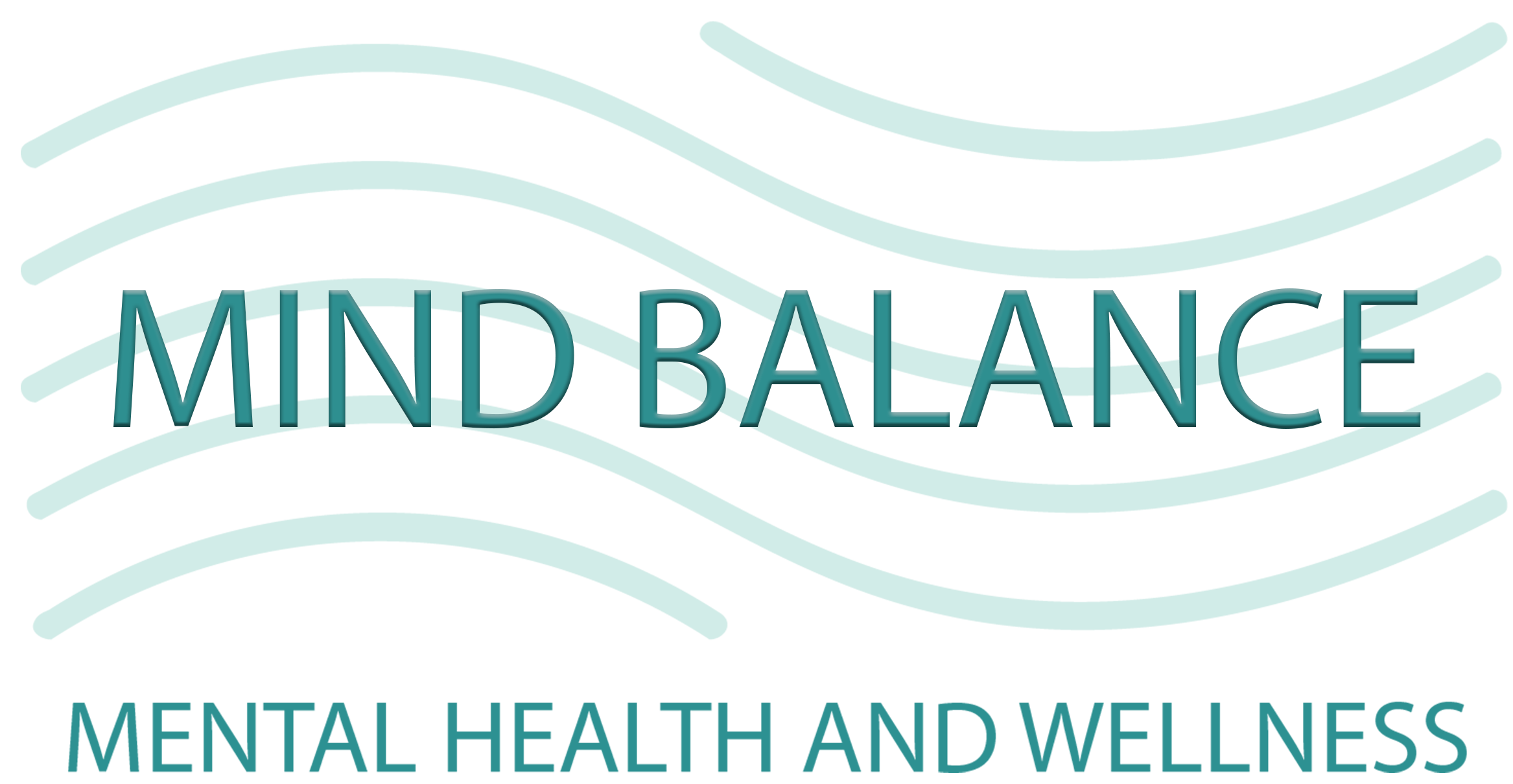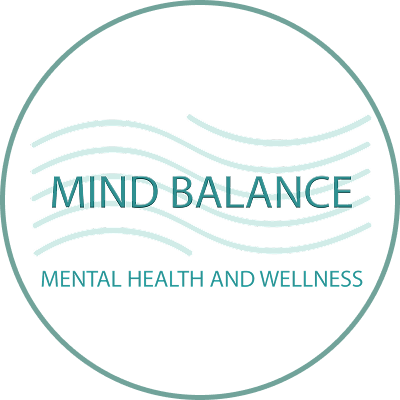Mental Health Care Importance
Understanding PTSD and Childhood Trauma
At Mind Balance Health and Wellness, we recognize the profound impact that childhood trauma can have on mental health throughout an individual’s life. Post-traumatic stress disorder (PTSD) may develop when trauma-related symptoms persist for an extended period, interfering with daily life and relationships. It is essential for us to be aware that many individuals who experience a traumatic event may not develop PTSD; however, those with previous exposure to adversity, especially during childhood, are at a higher risk.
Studies indicate that adverse childhood experiences (ACEs) can significantly contribute to the development of PTSD later in life. These experiences, including abuse, neglect, and other forms of trauma, are common, with estimates showing that approximately 8.6% of individuals experience childhood sexual abuse, 8.9% encounter physical abuse, and 8.7% face emotional abuse (Australian Journal of General Practice). Understanding these statistics is vital for recognizing the importance of mental health care for those affected by childhood trauma.
| Type of Childhood Trauma | Prevalence (%) |
|---|---|
| Childhood Sexual Abuse | 8.6 |
| Physical Abuse | 8.9 |
| Emotional Abuse | 8.7 |
| Childhood Neglect | 2.4 |
Impact of Trauma on Mental Health
The mental health impact of childhood trauma cannot be overlooked. Adverse childhood experiences increase the likelihood of developing PTSD and can lead to chronic health conditions, risky health behaviors, and even premature death. The more ACEs a person has, the higher the risk of these adverse outcomes (Australian Journal of General Practice).
It’s important to understand how trauma influences mental health. When experiencing trauma, individuals may react with heightened stress or fear, which can persist long after the danger has passed. This ongoing emotional strain affects not just personal well-being but also social relationships, work performance, and overall quality of life.
Recognition of these impacts underscores the necessity of effective mental health care, like what we provide at Mind Balance Health and Wellness. By prioritizing mental health services, we can help identify PTSD symptoms and offer comprehensive support tailored to individual needs. This focus on care and understanding allows for better management of PTSD, ensuring that affected individuals receive the assistance they require for recovery. For more information on managing PTSD, feel free to explore our related resources on treatment paths for complex PTSD and the emotional and physical impact of long-term anxiety.
Identifying PTSD Symptoms
Understanding the symptoms of post-traumatic stress disorder (PTSD) is crucial for recognizing its impact on individuals, especially those affected by childhood trauma. We emphasize the importance of identifying these signs, as early intervention can lead to better outcomes.
Recognizing Signs of PTSD
Symptoms of PTSD generally arise within three months after a traumatic event; however, they can also surface years later. For a diagnosis of PTSD, the symptoms must persist for more than a month and must be severe enough to interfere with daily activities, including work and personal relationships. Additionally, these symptoms should not be attributed to medication, substance abuse, or another illness (NIMH).
The symptoms of PTSD can be categorized as follows:
| Category | Symptoms Description |
|---|---|
| Intrusive Memories | Recurrent and unwanted memories of the traumatic event. |
| Avoidance | Steering clear of reminders associated with the trauma, including people, places, or activities. |
| Negative Changes in Thoughts/Mood | Persistent negative beliefs about oneself or others, feelings of guilt or shame, and emotional numbness. |
| Changes in Physical/Emotional Responses | Heightened reactions such as anger, irritability, or distress, as well as difficulty sleeping. |
Recognizing these symptoms can help families and friends understand the challenges faced by loved ones dealing with PTSD.
Symptoms in Children and Teens
Children and teenagers can exhibit unique reactions to trauma. They may show extreme behavioral responses that differ from adults. Younger children may experience regressive behaviors like bedwetting, losing the ability to talk, or behaving in an age-inappropriate manner. In contrast, older children and adolescents might display disruptive or destructive behaviors and may feel deep guilt over perceived failures in preventing the trauma (NIMH). Some key symptoms in this age group include:
| Age Group | Common Symptoms |
|---|---|
| Younger Children | Bedwetting, loss of speech ability, age regression. |
| Older Children | Disruptive behavior, feelings of guilt, irritability, and avoidance behaviors. |
| Teens | Increased sensitivity, emotional outbursts, and destructive actions. |
It is vital for parents and caregivers to recognize these signs early on and seek appropriate help. Obtaining support from mental health professionals can be beneficial, especially for those experiencing prolonged or severe symptoms. For additional support and treatment options, we encourage exploring our resources on treatment paths for complex PTSD.
Identifying PTSD symptoms in ourselves and others is the first step toward healing. If you or a loved one is grappling with distressing memories or feelings after a traumatic event, seeking help from Mind Balance Health and Wellness can provide critical support.
Risk and Resilience Factors
Understanding the factors influencing the development of Post-Traumatic Stress Disorder (PTSD) is vital for identifying it in adults after childhood trauma. By exploring both the risk factors and resilience factors, we can better support those affected.
Factors influencing PTSD development
Research indicates that several elements can increase the likelihood of developing PTSD. Key risk factors include:
- Early Trauma: Experiencing trauma during childhood significantly raises the chances of developing PTSD later in life. Adverse childhood experiences (ACEs), such as abuse or neglect, have been linked to long-term mental health issues, including PTSD.
- Family History: A familial history of mental illness or substance abuse can predispose individuals to PTSD. Genetics may play a role, but environmental factors are equally influential (NIMH).
- Lack of Support: A supportive environment following trauma can act as a buffer against the onset of PTSD. Those without a strong support system may find it harder to cope with the aftermath of traumatic experiences.
| Risk Factor | Description |
|---|---|
| Early Childhood Trauma | Increases likelihood of PTSD |
| Family History of Mental Illness | Genetic and environmental influence |
| Absence of Support System | Hinders coping mechanisms post-trauma |
Resilience against PTSD
On the other hand, certain protective factors can enhance resilience to PTSD. These factors can help individuals cope more effectively with traumatic experiences:
- Strong Support Systems: Having a supportive network of friends, family, or counselors can provide emotional aid and facilitate recovery.
- Coping Skills: Individuals who develop healthy coping mechanisms, such as mindfulness, may process trauma more effectively and minimize the impact of PTSD symptoms.
- Positive Life Experiences: Engaging in meaningful activities and relationships can bolster resilience, offering a sense of purpose and stability.
Research is ongoing to understand how resilience develops and how we can cultivate it in individuals who have experienced trauma. Factors such as social support and positive coping strategies can significantly influence mental health outcomes and combat the impact of childhood trauma on later life.
| Resilience Factor | Description |
|---|---|
| Strong Support System | Emotional and social support after trauma |
| Healthy Coping Mechanisms | Use of techniques such as mindfulness |
| Positive Life Experiences | Engaging activities that create a sense of purpose |
By recognizing these risk and resilience factors, we can better assist individuals in navigating their mental health journeys and choosing effective pathways for care at Mind Balance Health and Wellness. For further insight into trauma-related issues, explore our articles on managing bipolar disorder: medication and therapy approaches and understanding the complex symptoms of OCD.
Seeking Treatment and Support
Finding the right treatment for PTSD after experiencing trauma is essential for recovery. We understand the impact that childhood trauma can have on adults, and we are here to discuss effective treatment methods and supportive services available for those affected.
Treatment Approaches for PTSD
There are several evidence-based approaches for treating PTSD, which focus on helping individuals process their trauma and regain control over their lives. Some commonly utilized therapies include:
| Treatment Approach | Description |
|---|---|
| Cognitive Behavioral Therapy (CBT) | Helps patients identify and change negative thought patterns and behaviors associated with PTSD. |
| Eye Movement Desensitization and Reprocessing (EMDR) | Focuses on processing traumatic memories through guided eye movements to reduce distress. |
| Prolonged Exposure Therapy | Encourages gradual exposure to trauma-related thoughts and situations to lessen fear and avoidance. |
| Medication | Antidepressants and anti-anxiety medications may be prescribed to alleviate symptoms of PTSD. |
NIMH-supported research continues to explore ways to identify which trauma survivors are likely to recover naturally and which may benefit from specific treatments. The goal is to develop effective mental health therapies for trauma survivors (NIMH).
Supportive Services for PTSD
In addition to formal therapy, a range of supportive services can assist individuals coping with PTSD. These services aim to create a well-rounded support system, including:
| Support Service | Description |
|---|---|
| Support Groups | Facilitated gatherings of individuals with similar experiences sharing coping strategies. |
| Family Counseling | Engages family members to understand trauma’s effects and improve relationships. |
| Crisis Intervention | Immediate assistance during acute episodes of distress, offering short-term help. |
| Community Resources | Access to local mental health resources, hotlines, and educational materials for ongoing support. |
Living with PTSD can significantly impact daily activities such as driving, socializing, and grocery shopping (IU Health). Therefore, seeking treatment and finding supportive services is vital for regaining a sense of normalcy and well-being. At Mind Balance Health and Wellness, we prioritize providing the highest quality mental health care to help you or your loved one navigate the complexities of PTSD. By choosing us, you are taking a significant step toward healing and recovery.
For more information on specific treatment paths, consider exploring our article on treatment paths for complex PTSD: what patients should know.
Prevention and Intervention
Early Intervention Strategies
At Mind Balance Health and Wellness, we recognize that early intervention can significantly improve outcomes for individuals coping with PTSD, particularly those impacted by childhood trauma. Studies indicate that PTSD develops in about 1 in 3 people who experience severe trauma (NHS). Therefore, it’s crucial to identify early warning signs and provide support as soon as possible.
Our approach includes:
- Educational Workshops: We offer workshops that help individuals and families identify signs of PTSD. Knowledge can empower them to seek assistance before symptoms worsen.
- Therapeutic Assessments: Early assessments can help identify those at risk, allowing for tailored treatment plans that can include therapy and supportive interventions.
- Community Support Groups: Creating a supportive environment through peer groups can help individuals feel less isolated while discussing their experiences and coping strategies.
Clinical Trials and Research
Our commitment to staying at the forefront of mental health treatment is evident through our engagement with ongoing research and clinical trials on PTSD. The National Institute of Mental Health (NIMH) is studying ways to identify trauma survivors who are likely to recover naturally versus those who may benefit from treatment. This research aims to develop and enhance mental health therapies tailored to trauma survivors (NIMH).
We actively encourage participation in clinical trials, which explore new methods to prevent, detect, and treat PTSD. Current research highlights include:
| Research Focus | Description |
|---|---|
| Identifying Recovery Patterns | Research aimed at determining why some individuals recover naturally from trauma while others develop sustained PTSD symptoms. |
| Treatment Innovations | Trials testing novel therapeutic approaches and medications to improve PTSD treatment outcomes. |
| Biological Markers | Investigating genetic and biological factors that contribute to the likelihood of developing PTSD after trauma. |
Individuals looking to find more information about ongoing studies can visit the NIMH website (NIMH). Participating in clinical trials not only furthers personal understanding of trauma recovery but also contributes to broader advancements in mental health care.
Choosing Mind Balance Health and Wellness ensures access to the highest quality of care, combining proven therapeutic strategies with cutting-edge research initiatives. Our goal is to provide the support and resources necessary for effective recovery from PTSD.
Recovery and Long-Term Effects
Managing PTSD Symptoms
At Mind Balance Health and Wellness, we understand that managing PTSD symptoms is crucial for recovery. Symptoms can manifest within the first three months following a traumatic event, although some individuals may not exhibit symptoms until years later. Symptoms can last over a month, significantly affecting social interactions and hindering daily tasks (Mayo Clinic). Effective treatment aims to facilitate the proper processing of memories, leading to a gradual reduction in symptoms such as flashbacks and nightmares over time (NHS).
To better understand PTSD management, we have compiled a table of common symptoms and their impact:
| Symptom | Description | Impact on Life |
|---|---|---|
| Flashbacks | Reliving traumatic events | Can disrupt daily activities |
| Nightmares | Disturbing dreams related to trauma | Interrupts sleep and causes fatigue |
| Avoidance | Steering clear of reminders or places | Limits social interactions |
| Irritability | Increased anger or frustration | Strains relationships |
Individuals experiencing these symptoms for over a month should seek help from a healthcare or mental health professional. Prompt treatment can prevent worsening of PTSD symptoms. Those struggling with suicidal thoughts must contact emergency services or visit the nearest hospital for immediate assistance (Mayo Clinic).
Effects on Daily Life and Relationships
Living with PTSD can significantly impact everyday activities. Tasks that may seem routine, such as driving a car, grocery shopping, or attending social events, may become daunting due to fear and avoidance triggered by irrational thoughts associated with previous trauma (IU Health).
The effects on relationships can also be profound. Recovery from PTSD involves finding a new way of reacting to reminders of the traumatic event, altering irrational beliefs about oneself and others, and becoming fully engaged in life and relationships (IU Health). Each individual’s experience and timeline for recovery are unique, and support from loved ones can be invaluable during this journey.
By choosing Mind Balance Health and Wellness, individuals can access quality mental health care designed to address the complexities of PTSD and promote healing. We encourage open communication and tailored treatment plans that lead to healthier relationships and improved daily functioning. For those seeking further information on managing mental health challenges, we offer resources on topics such as what makes ADHD different in adults vs. children and understanding the complex symptoms of OCD.


